Chris Shiflett talks tones, Teles and writer’s block
The Foo Fighters man on his latest country record, West Coast Town
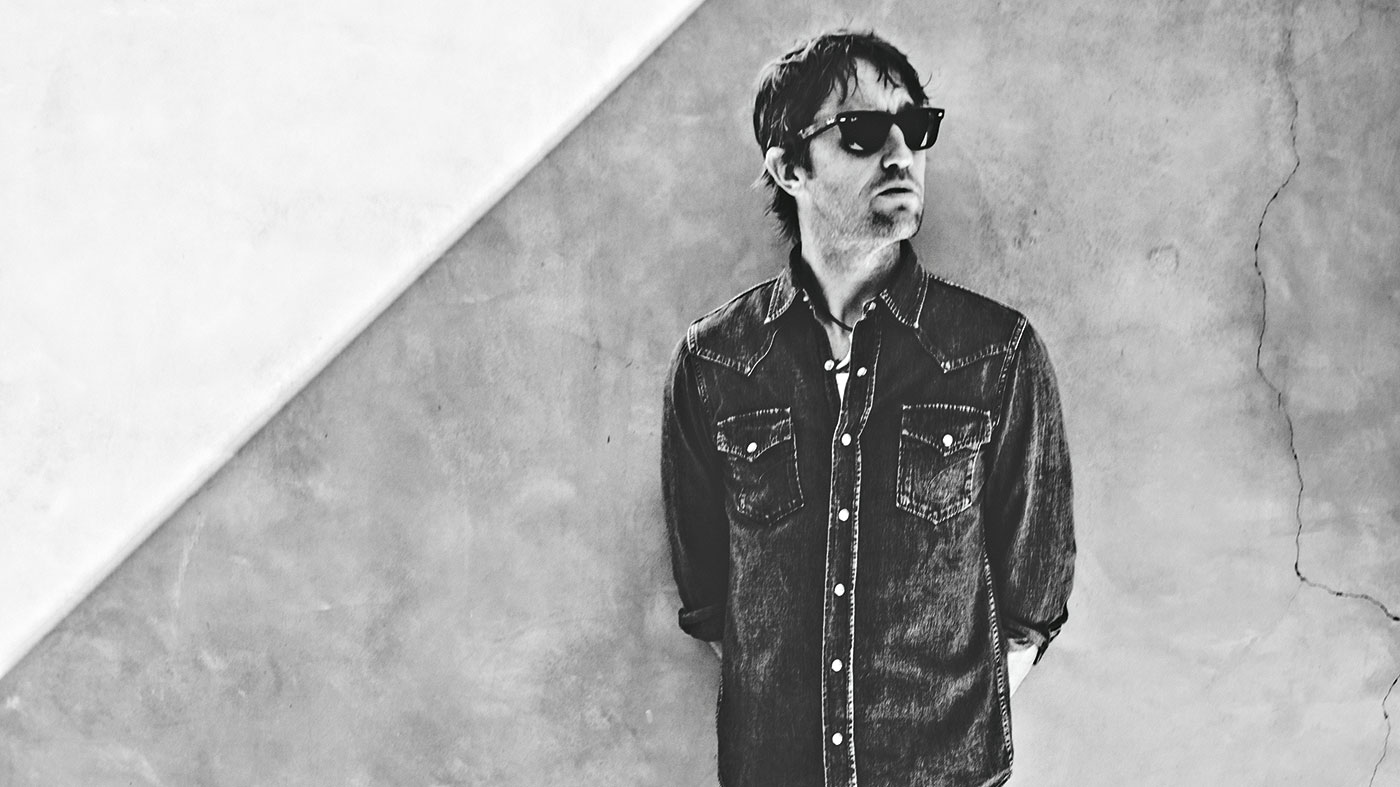
Introduction
Away from his Foo Fighters day job, Chris Shiflett bleeds country. Now on his third solo album, West Coast Town, Chris has teamed up with alt-country linchpin, Dave Cobb to deliver his finest solo work yet.
We sat down with the guitarist to discuss the new record, collaborating with Cobb and his tonal decision making...
This is your third album, do you feel more comfortable as a frontman?
I tried to soak up what Dave Cobb and his guys did, and just to be totally open to whatever direction he guided me down
“Well, it definitely gets more comfortable every time. This one wasn’t really done with a band exactly, because I used Dave Cobb’s go-to session guys out there - who were absolutely fantastic. I really tried to just defer to Dave on a lot of the shaping of the record, and he had a huge impact. I tried to soak up what him and his guys did, and just to be totally open to whatever direction he guided me down. It was really fun, I honestly felt like a lot of the time I was hardly paying attention to what everyone else was doing, and just trying to keep up!”
You co-wrote four of the songs with your friend, Brian Whelan, is this the first time you’ve collaborated on your solo work?
“It’s something I haven’t done a lot of until this past year. It’s fun, with Brian it was great because I had these song ideas that I felt stuck on. So it was just great to have another person’s take on it. He made some tweaks that I feel like made the songs way stronger. Just little changes that I hadn’t thought of, sometimes it’s good to get another set of ears on them. I’ve known Brian for years, he’s a good buddy and a solo artist in his own right, an incredible multi-instrumentalist and singer/songwriter, I knew that he could bring something good.”
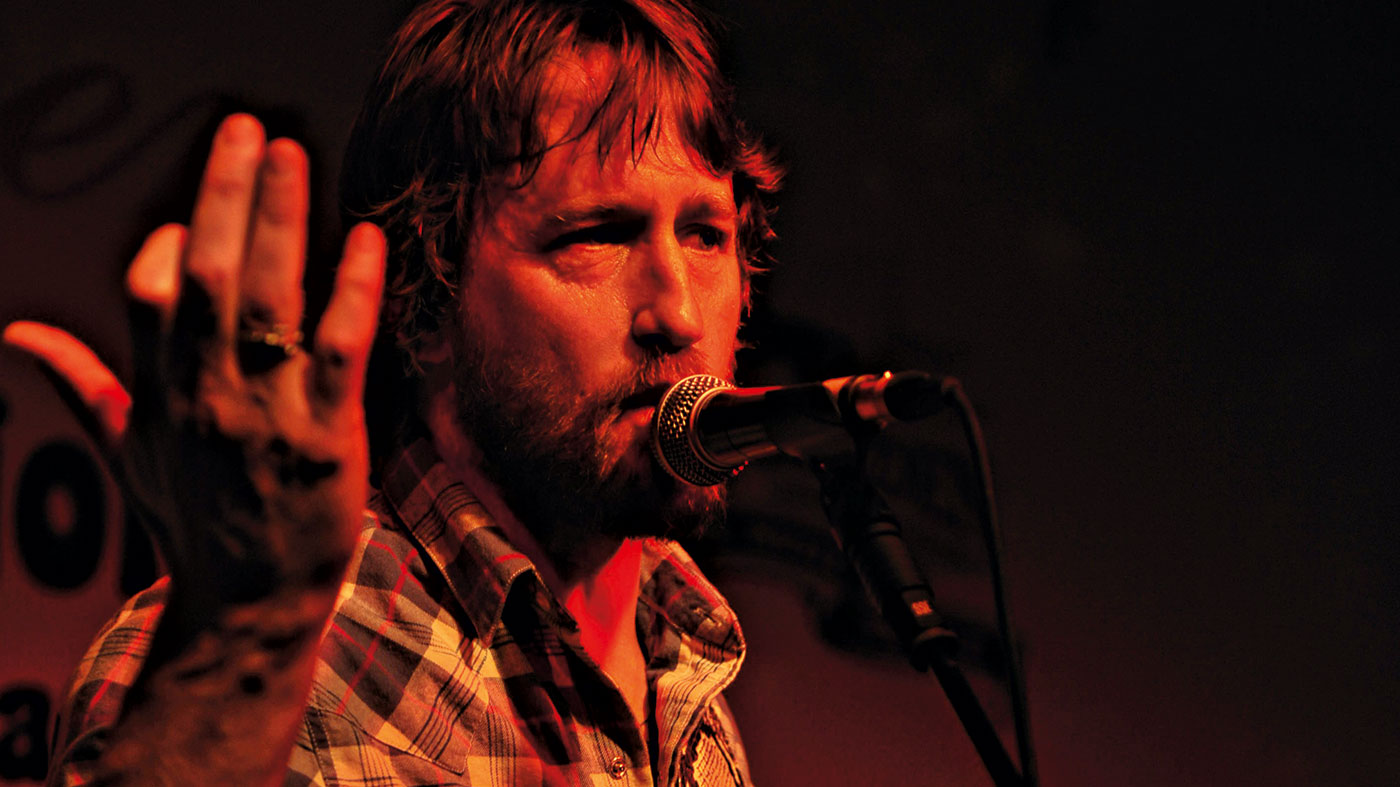
Getting it done
How does the writing process work for you personally?
“Probably like a lot of people I struggle to really finish ideas unless I have a deadline. I tend to write in batches, but I’m always jotting down ideas. I always have a notebook with me and write down little phrases, or if I hear somebody say something that sticks with me, I just write it down and try and build it out later. I wish I could sit here and say, ‘Man, I write everyday’, but I don’t! I try to write something - even if it’s keeping a diary or a journal - every day, but I don’t always get there.”
Do you think that being too self-analytical can stilt the process?
Good or bad you have to be willing to put your shit out there to hang. If you don’t have that, then you’ll never get it done
“Without any doubt. I know that when I’m thinking about it too much, I’m my own worst enemy. Honestly, that really held me back for years. I’d always have little ideas and stuff, but I’d never see them to completion. I think it was just a lack of confidence. But good or bad you have to be willing to put your shit out there to hang. If you don’t have that, then you’ll never get it done.
“I spent about three months or so leading up to making this record, just writing every day and finishing old ideas. But once you’re really in that groove, new ideas just start pouring out of you. That’s the great joy of writing, when you’re in that flow it’s almost beyond your control.”
Did having Dave Cobb onboard ramp up the pressure in the studio?
“I guess, in a sense, before I went out there I was nervous about it because I didn’t know Dave, and I knew I was going to be playing with an entirely new group of people, so it’s that fear of the unknown. And of course, as a musician, it’s easy to go to that headspace of, ‘They’re not gonna like me and I’m not good enough’ and all that shit that you do. But that all went away the minute we started. I remember after we put the first song down on tape I just knew right then, ‘Oh man, this is gonna be fucking good!’”
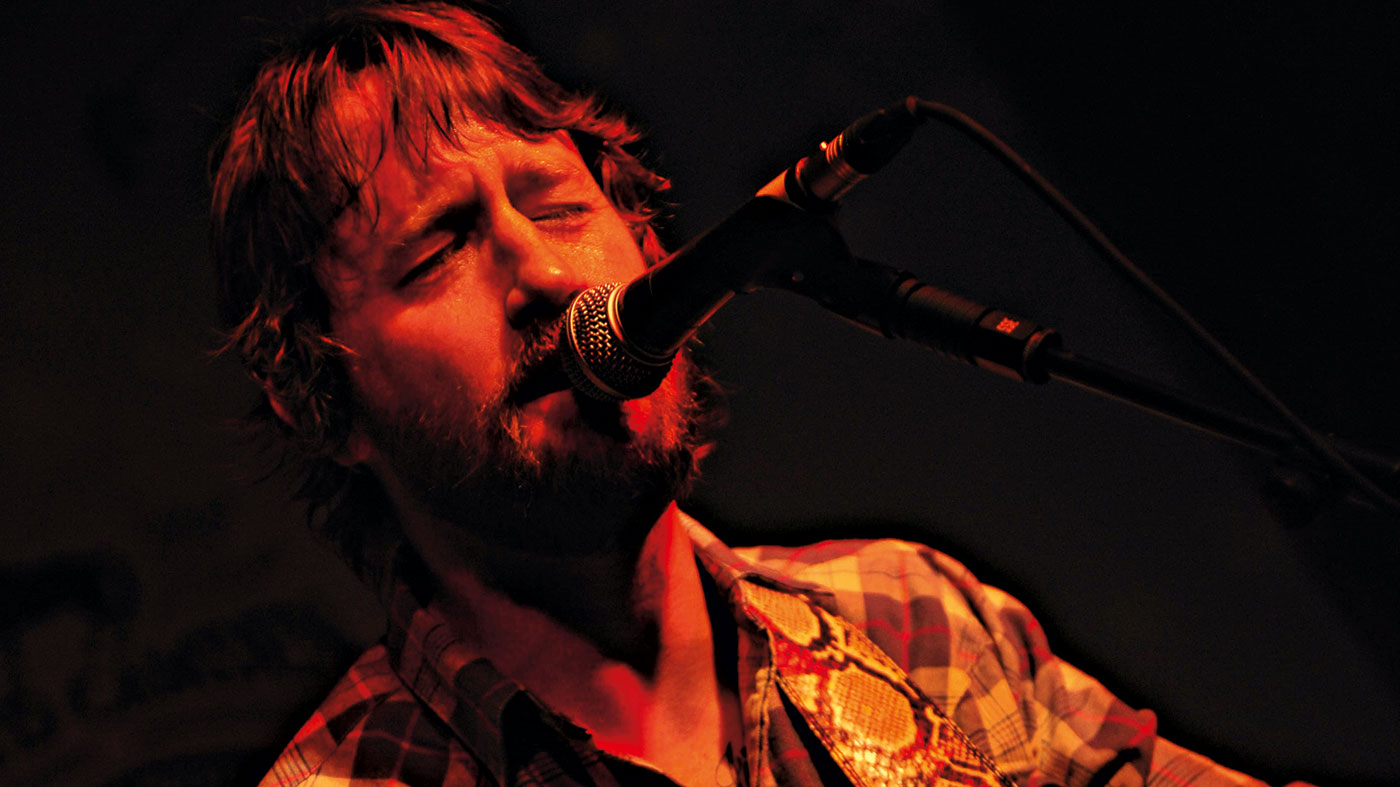
Steel and fuzz
It sounds like a very layered record, too…
“I didn’t want it to be like a wall of guitar tracks, but at the same time I wanted it to be a guitar record. I’m a guitar player, it’s my favourite thing. I wanted lots of guitar leads, so it’s definitely got that on there, without being weighted down with track after track.”
The pedal-steel does a great job of weaving around the space without cluttering stuff up…
“Yeah, Robbie [Turner] is amazing. He was just the perfect guy to do it. It’s funny, I just bought a pedal-steel. I’ve had one for years, but it was kind of a clunker and hard to operate. So the one I’ve just bought is sort of a beginner steel, and I have it set up in my office. I’m trying to learn, but it’s really hard… you won’t be seeing me doing that in public anytime soon!”
How did you approach the gear - did you stick with the Tele?
I had this amazing 12-string Rickenbacker that I played on one or two things. It’s me channeling The Byrds
“Well, I used and actually wound up buying one of Dave Cobb’s main guitars from him, a ’63 Esquire. That was one of the main guitars, and then about a week after I got home from recording, he called me, ‘Hey man, I’m thinking about selling that Esquire, you want it?’ I was like ‘Yes! Send it to me!” Done. So, I bought that guitar off him, because I really connected with it.
“But the other guitar that I played a lot, is this ’68 non-reverse Firebird. I’ve been using it live too, and I love that guitar. I bought it when Foo Fighters were making Wasting Light, sight unseen off eBay, and it was really beat up and fucked up. I took it in for repair and it needed a lot of work - I had a guy fit some new pickups and stuff. I hadn’t used it in a while, so I dusted it off and brought it with me just to have something with P-90s in it and wound up using it a tonne.
“I also had this amazing 12-string Rickenbacker that I played on one or two things. I think I used it on Blow Out The Candles. It’s me channeling The Byrds, Tom Petty is a huge influence, too. I guess Tom Petty was ripping off The Byrds, and I’m ripping off Tom Petty and The Byrds, so there you go!”
There’s a great fuzz sound on Goodnight Little Rock.
“The lead is done with this crazy pedal called a [Third Man] Bumble Buzz. There’s no controls on it, so you just have the little switch to turn it on. So you can’t adjust it, it just does this crazy overdrive, and I think it’s got an overtone of a low octave or something, because it definitely gives it that super-low thing. Most of the gain [on the album] comes from just dirtying up he amp a little bit. The Bumble Buzz was the only overdrive sort of thing that we used on the record.”
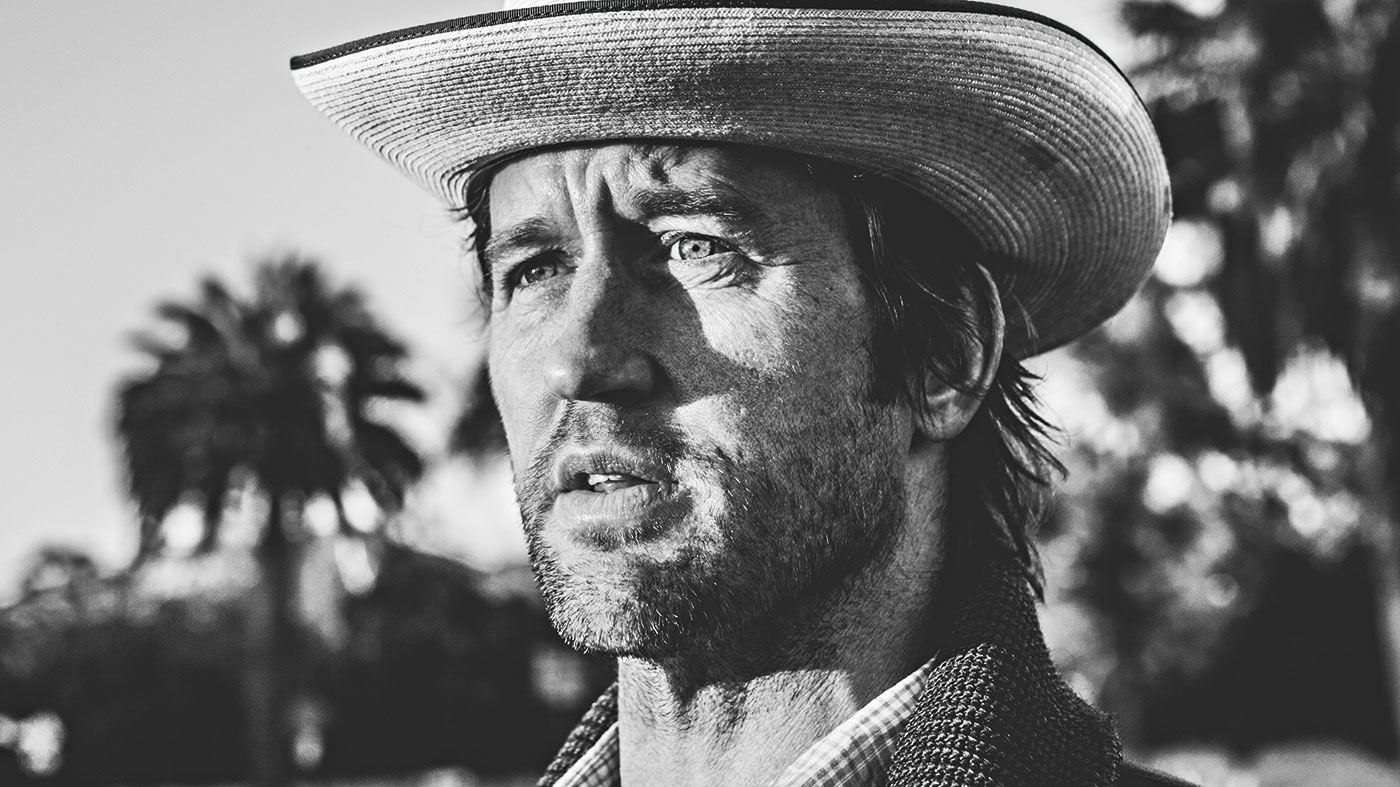
Leading the way
And what about the amps? Did you use anything special on the album?
“The one that stood out the most was an old Tweed Vibrolux that Dave had. He’d switched out the speaker, and I can’t remember what speaker he had in there, but I loved that amp so much that I bought the exact same one and switched out the speaker for the same one that he had.”
You played all the solos. Some people might not realise that you have that side to your playing…
I’m sort of naturally drawn to longer, more drawn-out lead guitar type playing
“Well, Foo Fighters isn’t a band that has a lot of guitar leads in it. And usually when there are, they’re not really unhinged licks and stuff. So I’m sort of naturally drawn to longer, more drawn-out lead guitar type playing. I really wanted to have a lot of that on this record.”
Do you still work on your lead playing a lot?
“I practise a lot, yeah. Especially if I’m on tour. I have a lot of downtime, so I spend a lot of time watching clips of people on YouTube noodling around. You can learn 50 licks, and maybe two of them will sink in, but I like just doing it.
“It’s amazing, this time that we live in. You go, 'I want to learn a Stevie Ray Vaughan lick' and you can find somebody online explaining it note-for-note. It’s amazing; I wish we’d had that when I was a kid. I’d probably be a much better guitar player than I am now!”
You’ve mentioned in the past that you’d like to be better at picking, do you still feel that way?
“I definitely feel more comfortable with it. I’d love to someday be able to do some Chet Atkins really beautiful fingerpicking stuff. That’ll probably always be a struggle, but I love working on it here and there.”
Chris Shiflett’s West Coast Town is out now on SideOneDummy Records.
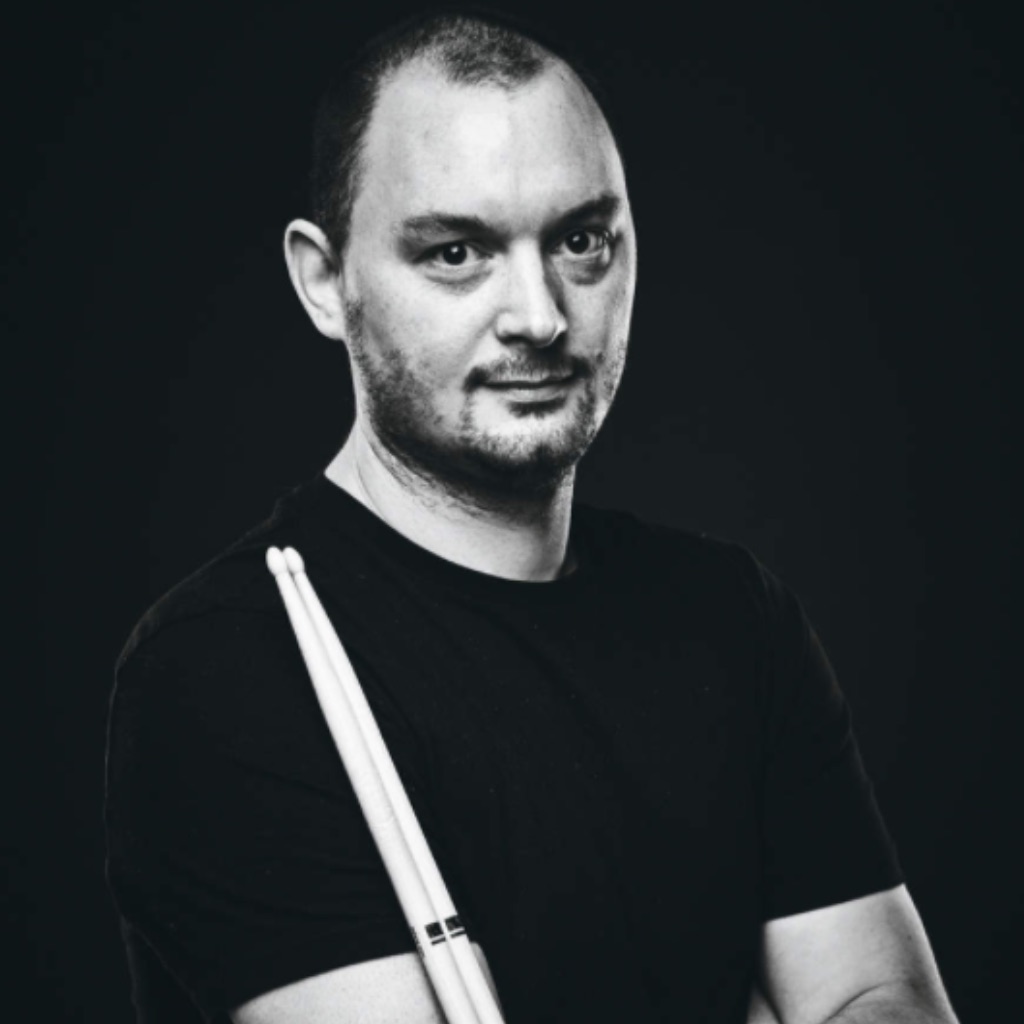
Stuart has been working for guitar publications since 2008, beginning his career as Reviews Editor for Total Guitar before becoming Editor for six years. During this time, he and the team brought the magazine into the modern age with digital editions, a Youtube channel and the Apple chart-bothering Total Guitar Podcast. Stuart has also served as a freelance writer for Guitar World, Guitarist and MusicRadar reviewing hundreds of products spanning everything from acoustic guitars to valve amps, modelers and plugins. When not spouting his opinions on the best new gear, Stuart has been reminded on many occasions that the 'never meet your heroes' rule is entirely wrong, clocking-up interviews with the likes of Eddie Van Halen, Foo Fighters, Green Day and many, many more.

